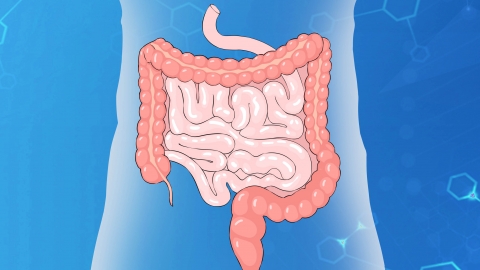What are the hazards of intussusception?
Generally, intussusception—defined as the telescoping of one segment of the intestine into an adjacent segment—is an acute condition that primarily causes complications such as intestinal obstruction, intestinal ischemia and necrosis, gastrointestinal bleeding, peritoneal infection, and impaired nutrient absorption. A detailed analysis is as follows:

1. Intestinal Obstruction: After intussusception occurs, the telescoped bowel segment blocks the intestinal passage, preventing food residue and fluids from passing through normally. Patients may experience severe abdominal pain; in infants and young children, this often manifests as paroxysmal crying and drawing up the legs. Vomiting commonly accompanies this, initially containing stomach contents and later possibly including bile.
2. Intestinal Ischemia and Necrosis: The telescoped segment compresses its own blood vessels, cutting off the blood supply to the affected intestine. As ischemia persists, the intestinal wall tissue progressively undergoes necrosis and may even perforate, leading to more serious intra-abdominal complications. Emergency medical intervention is required at this stage, as the condition can be life-threatening if left untreated.
3. Gastrointestinal Bleeding: The mucosa of the ischemic intestinal wall is prone to damage and sloughing, resulting in gastrointestinal bleeding. The patient's stool often appears as "currant jelly," a classic sign of intussusception. Prolonged or significant blood loss can lead to anemia, manifesting as pallor, lethargy, and impaired bodily functions.
4. Peritoneal Infection: If intestinal perforation occurs, bacteria and intestinal contents leak into the peritoneal cavity, causing peritonitis. Symptoms include fever, abdominal distension, and abdominal muscle rigidity. Without timely control, peritoneal infection may progress to more severe systemic infections, increasing treatment difficulty.
5. Impaired Nutrient Absorption: The intestine is the primary organ for nutrient absorption. Intussusception disrupts normal intestinal function, impairing digestion and absorption of food. Over time, patients may develop weight loss and malnutrition.
Patients should receive prompt standardized treatment. After treatment, attention should be paid to dietary management, favoring easily digestible foods, avoiding strenuous activity, and supporting gradual recovery of intestinal function to reduce the risk of complications.







